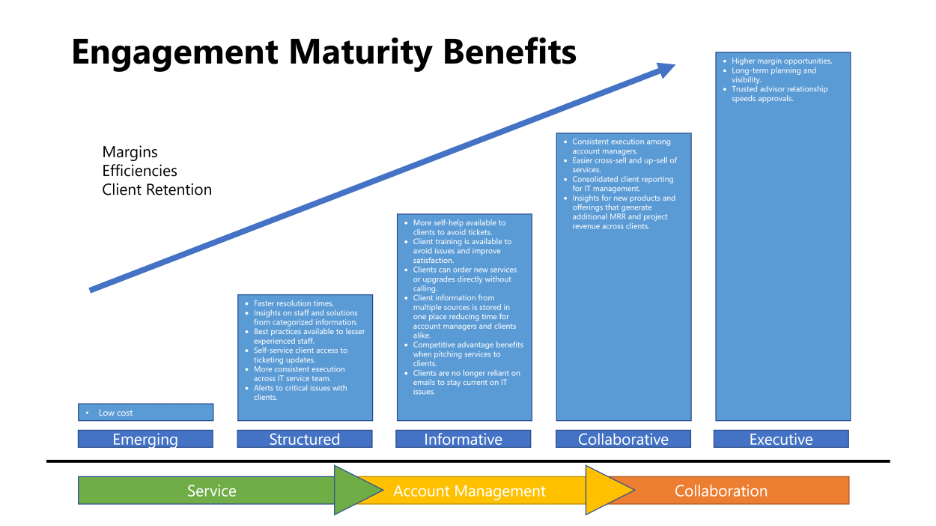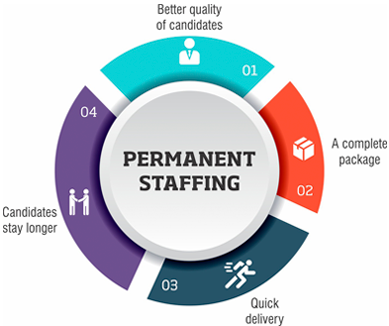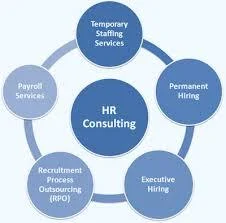견적문의
페이지 정보
작성자 Audrea 댓글댓글 0건 조회조회 4회 작성일작성일 25-04-16 01:59본문
| 회사명 | RE |
|---|---|
| 담당자명 | Audrea |
| 전화번호 | FZ |
| 휴대전화 | KI |
| 이메일 | audrealawler@rediffmail.com |
| 프로젝트유형 | |
|---|---|
| 제작유형 | |
| 제작예산 | |
| 현재사이트 | |
| 참고사이트1 | |
| 참고사이트2 |
This article is a submission by Managed Services Partners. Managed Services Partners is an outsourcing company with over six years of experience helping services improve and drive growth.
Starting the contracting out journey is a venture that numerous services undertake to improve effectiveness, lower expenses, and take advantage of specialized skill.
However, together with these potential advantages come a host of legal and compliance intricacies that need to be carefully browsed to guarantee the success and sustainability of contracting out initiatives.
This thorough guide will check out essential legal and compliance factors to consider, with a concentrate on information privacy laws, non-disclosure agreements (NDAs), non-compete provisions, and the crucial function of adaptability in today's dynamic company environment.
The outsourcing landscape
Outsourcing is more than a method for unloading non-core jobs; it is a transformative method that can boost a business's versatility and competitiveness.
Whether it's IT services, consumer assistance, producing procedures, or human resources, contracting out can offer a substantial edge. Companies that successfully contract out can concentrate on core service operations, drive development, and gain access to leading skill without the overhead costs of full-time employment.
However, this journey is not without its legal and compliance challenges. Companies need to bear in mind the intricacies surrounding the transfer and management of data, the protection of copyright (IP), and the upkeep of regulative compliance.

Given the international nature of outsourcing, services need to also consider cross-border legal ramifications, which may vary significantly depending on the nation where the outsourcing company operates.

Understanding these aspects is necessary in ensuring that contracting out partnerships align with a business's tactical objectives while reducing possible legal threats.
In most cases, businesses that disregard legal and compliance considerations face costly conflicts, loss of sensitive data, or reputational damage that can take years to recover from.
Importance of legal considerations
Outsourcing inherently involves legal factors to consider that are essential to protecting a company's interests. At the leading edge is the need to secure sensitive info. Companies need to understand and follow information personal privacy laws that govern the jurisdictions in which they operate.
This is specifically crucial as data breaches can result in severe punitive damages and reputational damage.
Furthermore, intellectual property rights should be plainly specified in outsourcing arrangements to avoid unauthorized use or misappropriation of proprietary properties. If these rights are not effectively developed, a service may lose control over vital innovations or private company processes.
For organizations running in highly managed industries such as health care, financing, or legal services, compliance requirements are much more stringent.
Complying with regulations such as the General Data Protection Regulation (GDPR) in Europe or the Health Insurance Portability and Accountability Act (HIPAA) in the United States is necessary to avoiding legal problems.
Non-Disclosure Agreements (NDAs) and non-compete provisions
When outsourcing, companies regularly share proprietary information with external provider.
To secure this important details, NDAs are used. These arrangements are developed to avoid the unapproved dissemination of private info, thereby securing the company's competitive advantage.
NDAs ought to be detailed and lawfully binding, plainly detailing what constitutes secret information and the commitments of both parties in managing delicate information. Businesses must likewise ensure that their NDAs consist of arrangements for legal recourse in case of breaches.
Similarly, non-compete clauses can be consisted of to prevent service providers from making use of delicate understanding gained during the contracting out collaboration to benefit a rival. This is especially crucial when outsourcing freelancers or companies that might have numerous customers in the same industry.
However, the enforceability of non-compete provisions can vary substantially depending on the jurisdiction. Some areas have strict policies limiting the scope and period of such clauses.
Therefore, it's vital for companies to speak with legal professionals with experience in the pertinent legal frameworks to draft effective arrangements.
Contracts: Setting the foundation
Contracts function as the blueprint for the outsourcing partnership, defining functions, obligations, deliverables, and timelines. They likewise describe the legal and compliance expectations for both parties.
A well-structured contract ought to address numerous key elements:
Scope of work: Clear and detailed descriptions of the services to be offered, consisting of quality requirements and efficiency metrics.
Data security: Specific clauses associated with information security, information transfer treatments, and breach notice procedures to ensure adherence to privacy laws.
Copyright rights: Provisions that establish ownership of IP created during the partnership, and terms that safeguard pre-existing IP.
Termination clauses: Terms that deal with the possible end of the outsourcing relationship, consisting of notification periods and conditions under which termination can happen without charge.
Additionally, businesses should think about implementing service-level agreements (SLAs) to guarantee accountability and performance tracking. SLAs define quantifiable criteria that the outsourcing company must meet, supplying businesses with recourse if expectations are not satisfied.

Engaging with provider
Consulting with potential company throughout the early stages of the contracting out journey is a tactical move. This engagement allows companies to assess the service provider's ability to satisfy legal and compliance requirements.
Thorough vetting procedures, such as requesting referrals, examining previous tasks, and assessing compliance certifications, can provide valuable insights into the company's reliability and adherence to market standards.
Businesses ought to also evaluate the financial stability of potential outsourcing partners.
A provider that faces monetary challenges may not be able to keep operations long-lasting, positioning a risk to continuous tasks. Conducting due diligence in advance can prevent future disturbances.
The function of flexibility in legal and compliance techniques
Adaptability is an important element of effective outsourcing, particularly when it pertains to navigating developing legal landscapes. Regulations and market conditions can alter quickly, making it crucial for business to remain agile.
Building flexibility into agreements and establishing processes for ongoing compliance monitoring can help businesses adjust to new legal requirements and keep an one-upmanship.
For circumstances, if a company is outsourcing client assistance operations to numerous countries, they should guarantee compliance with numerous national laws concerning consumer security and data personal privacy.
Regularly updating policies and contracts in response to legislative modifications can avoid legal risks.
Real-world factors to consider and best practices
To make sure legal and compliance success in outsourcing, services ought to adopt the following finest practices:
Regular audits and evaluations
Conduct regular audits and assessments to guarantee that provider remain certified with legal and regulatory requirements. This proactive approach can assist identify possible gaps before they intensify into significant problems.
Training and awareness
Educate employees and outsourced groups on data protection practices and legal obligations. This ensures that everybody included in the outsourcing journey comprehends the value of compliance and the function they play in safeguarding info.
Collaboration and communication
Foster a collaborative relationship with service companies. Open lines of communication can help address compliance issues quickly and assist in joint problem-solving efforts.
Crisis management preparation
Have contingency plans in location in case of security breaches, agreement disagreements, or provider failures. A well-structured crisis management plan guarantees that businesses can rapidly react to challenges without significant disturbances.
Legal compliance for contracting out success
Understanding the legal and compliance elements of outsourcing is vital for services aiming to leverage external abilities while protecting their interests. By concentrating on key areas such as information personal privacy, NDAs, non-compete provisions, copyright rights, and adaptability, business can successfully navigate the outsourcing landscape.
Successful outsourcing hinges on a collective technique between the business and its provider. Building trust and preserving transparent interaction can cause effective analytical and a shared commitment to compliance.

